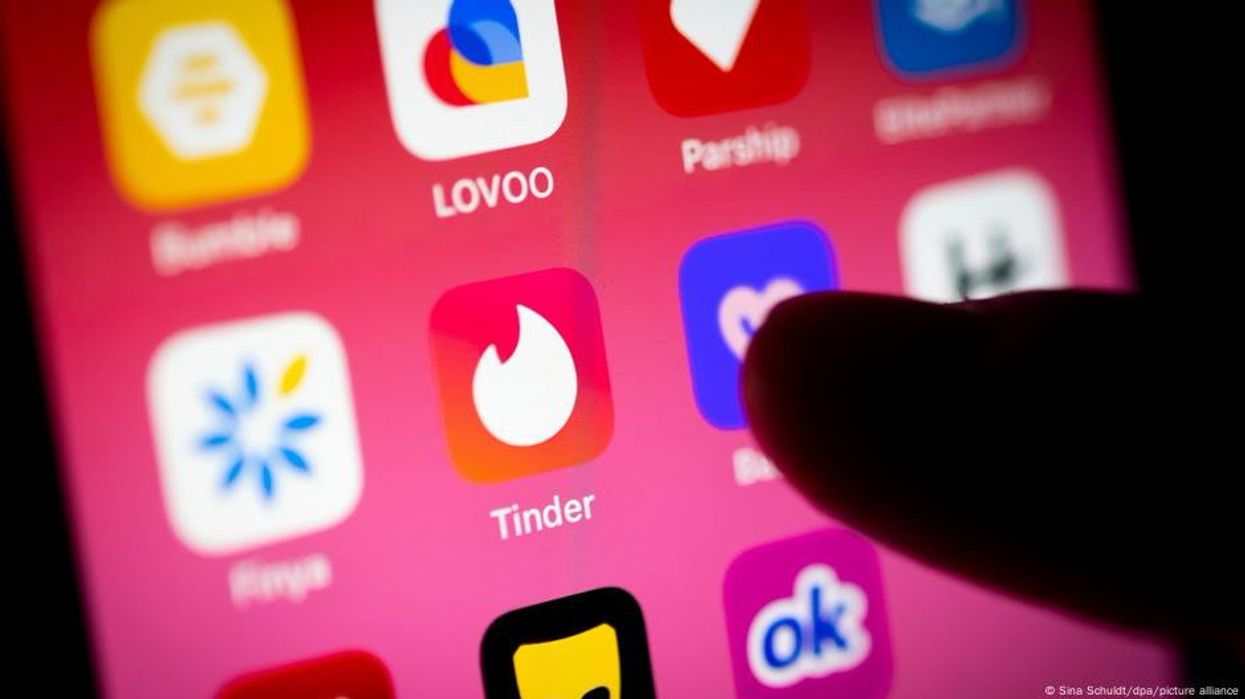Sinead Butler
Oct 29, 2024
How dating apps are changing the search for love
DW - Lifestyle & Culture / VideoElephant
A dating term has been making the rounds again online, and it could spell disaster for couples.
"Rebecca Syndrome", or as it's otherwise known as "Retroactive Jealousy", is when someone who is in a relationship experiences jealousy or obsession towards an ex-partner of their significant other - the "retroactive" part refers to the past that is fixed and cannot be changed.
The term got its name from the 1938 novel Rebecca by author Daphne du Maurier which tells the story of the second spouse of a widower whose life is tormented by the idea that they will never be able to compete with Rebecca, the previous wife of their husband, who everyone claims was beautiful.
This was adapted into a Netflix film back in 2020 also titled Rebecca stars Lily James and Armie Hammer.
"Rebecca Syndrome" is something many people have experienced according to a Superdrug survey back in 2017 found that 56.5 per cent of the 1,000 single Americans survey admitted to looking over their ex’s profile, with most admitting to having done it once a month or less.
This was even higher for married couples at 65.8 per cent, while the biggest percentage came from those in a relationship at 66.7 per cent.
So what does Rebecca Syndrome look like in a relationship?
Kate Balestrieri, PhD, a licensed psychologist, certified sex therapist, and founder of Modern Intimacy, explained how someone can experience feelings of insecurity surrounding their partner's past relationships, and sexual history no matter how much time has passed.
Comparing yourself to past partners can lead to the person comparing themselves on things like looks and intellect, and feed into the fixation.
"It can really bring up a lot of pain for couples because for the partner with RJ, they are often fixated on understanding the details of their partner’s past relationships, wondering if their partner is thinking or fantasising about their ex, or even comparing their current relationship with their past experiences," Balestrieri previously told Women's Health.
"It may be how somebody compensates for abandonment fears and ideas that they’ll never be good enough for a relationship because of past relational trauma."
It is important to note that Rebecca Syndrome is not a mental health disorder, but other psychological issues may be at play.
Balestrieri noted how it could be "an individual’s OCD or anxiety takes the shape and form of relationship obsessions" since it is " one of the more common areas where obsessions can take shape".
Signs of Rebecca Syndrome:
- Obsessed with a partner's previous relationships and/or sexual history
- Stalking your partner's ex
- Seeking reassurance in your relationship
How to join the indy100's free WhatsApp channel
Sign up to our free indy100 weekly newsletter
Have your say in our news democracy. Click the upvote icon at the top of the page to help raise this article through the indy100 rankings.
Top 100
The Conversation (0)














